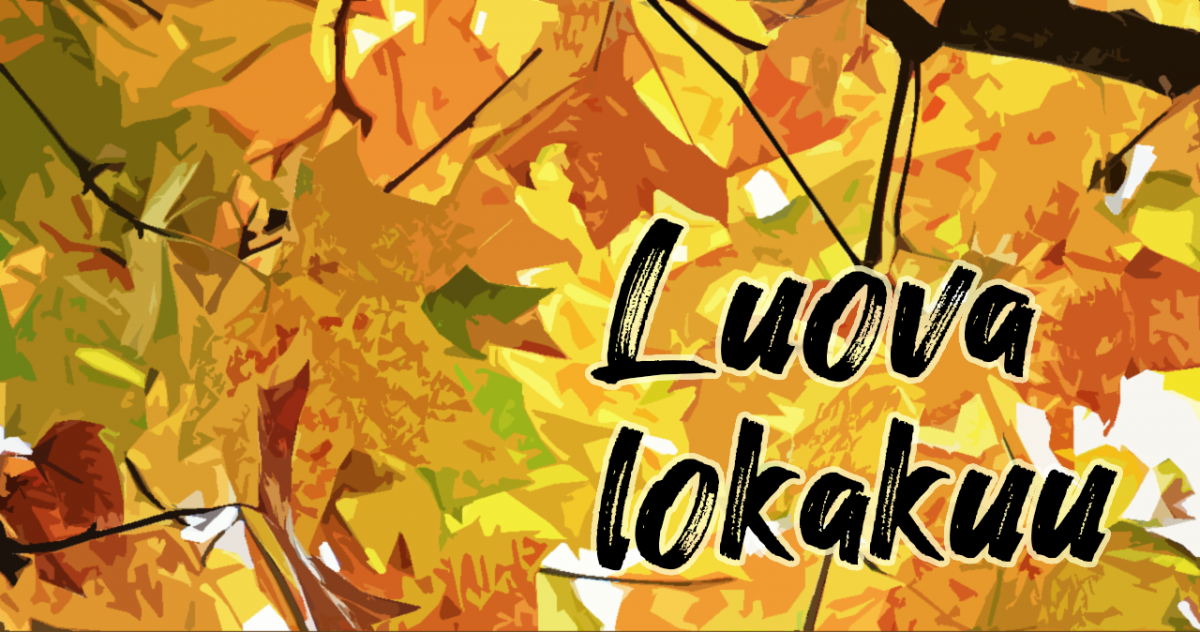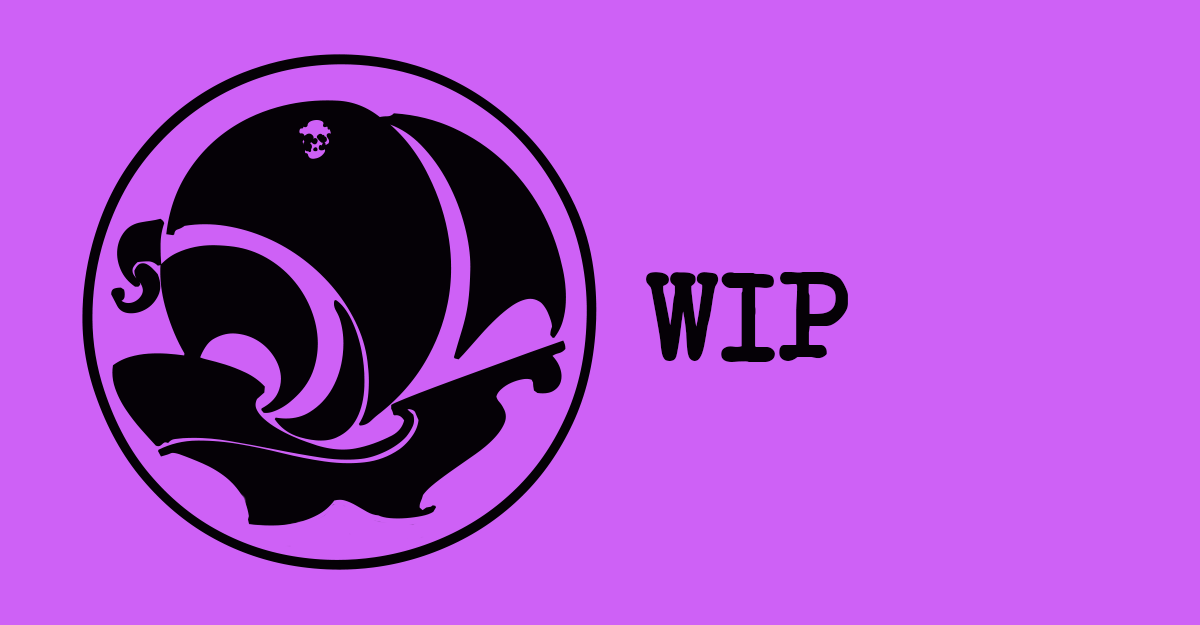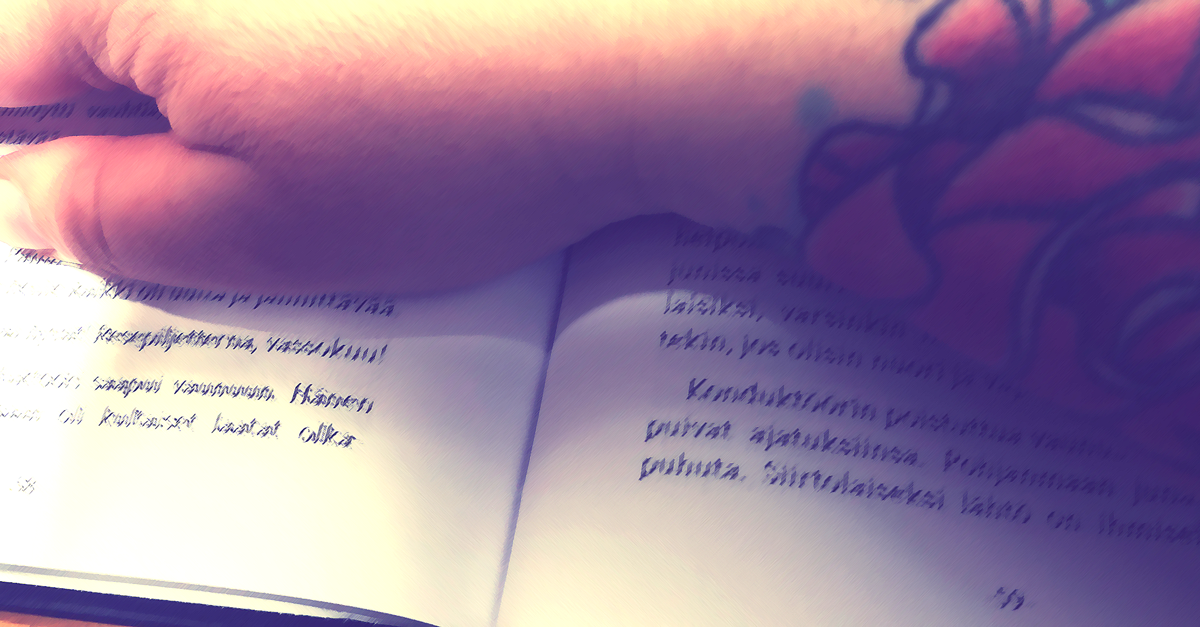In English Below
Noin vuosi sitten lakkasin lukemasta. Halusin kyllä, mutta yhtäkkiä en osannut. Aloitin monta kiinnostavaa kirjaa, mutta en päässyt tunnelmaan. Teokset eivät imeneet mukaansa, eivät avanneet maailmaansa. Aloitettujen, lukemattomien kirjojen pino yöpöydällä kasvoi. Jossain vaiheessa annoin periksi. En enää edes yrittänyt. Samaan aikaan kirjoittaminen muuttui takkuiseksi pakkopullaksi.
Ystäväni suosituksesta rekisteröidyin äänikirjapalveluun. Selasin nimikkeitä ja aloitinkin muutaman teoksen kuuntelun, mutta en pystynyt keskittymään. Olin kuitenkin jo pitkään haaveillut kuuntelevani Stephen Kingin On Writing -teoksen Kingin itsensä lukemana. Kirjoitusoppaan ja elämänkerran yhdistelmä kulki mukanani työmatkoilla. Yli kymmenen tunnin kuuntelu tapahtui kuin itsestään reilun viikon aikana.
Olen kuullut lukuisia
kertoja, että kirjoittaa voi vain jos lukee paljon. Olen tiennyt sen, ymmärtänyt sen, mutta en
ehkä koskaan tajunnut sitä. Joku tavassa, jolla King asian esitti, onnistui
avaamaan silmäni. En alkanut lukea uudestaan siksi, että King käski kirjassaan lukea
mahdollisimman paljon, vaan siksi, että tajusin tarvitsevani fiktiivisiä
tekstejä elämääni selättääkseni omat kirjoitusjumini.
Lukeminen antaa minulle paljon. Se on osaltaan eskapismia, osaltaan ajankulua, enimmäkseen kuitenkin mielikuvituksen jumppaamista. Mitä enemmän luen, sitä paremmin voin. Mieleni pysyy avoimena ja virkeänä, luovuudelle alttiina ja aktiivisena. Tällä hetkellä kuuntelen yhtä kirjaa työmatkoilla, luen vuoteessa aamulla toista ja illalla kolmatta. Yöpöydällä pinossa on kirjoja, jotka jonottavat tulla luetuiksi.
Kingin On Writing avasi jonkinlaisen uuden tason lukemiseeni. Olen aina hätkähtänyt vaikuttavan tekstin, ovelien juonikäänteiden ja hienojen virkkeiden edessä, mutta nyt maistelen tekstiä toisella tavalla. Mietin kirjoittajan ratkaisuja. Miksi joku asia on ilmaistu juuri näin? Miten se vaikuttaa tarinaan tai lukukokemukseen? Millä tavalla henkilöhahmot reagoivat? Onko se uskottavaa? Miten reaktio vaikuttaa tarinan maailmaan, tai tarinan maailma reaktioon?
Tarinat eivät ole enää
pelkkiä tarinoita. Eivät edes valmiiksi kirjoitetut tarinat. Nyt jokaisesta
kirjoitetusta ja kirjoittamattomasta tarinasta tulee päässäni muovailuvahaa,
joka vaikuttaa siihen, miten minä näen tai ajattelen tekstiä, todellisuutta ja
tarinoita.
En tiedä, miksi lakkasin
lukemasta. En tiedä, miksi siitä tuli niin vaikeaa. En tiedä, mitä menetin, kun
lukeminen ei enää sujunut, mutta olen saanut jotakin parempaa tilalle. Olen
lukenut yli kolmekymmentä vuotta, mutta vasta nyt tajuan, mitä lukeminen on.
Oletteko kokeneet samaa?
Onko tapanne lukea tai ajatella lukemista muuttunut vuosien saatossa?
In English
About a year ago I stopped reading. I
wanted to, but suddenly I couldn’t. I started to read many interesting books,
but I didn’t get into them. I was unable to sink into the story or the world of
the books I tried to read. The pile of books I couldn’t read grew on my
nightstand. At some point I gave up. I stopped trying. At the same time,
writing became hard.
On a friend’s recommendation I chose an audiobook service. I was browsing the books but couldn’t focus on listening. However, I had thought about listening to Stephen King’s On Writing, read by King himself, so I decided to try that one out. The combination of writing guide and autobiography worked well. I listened to it on my bus rides to work.
I’ve heard numerous times that one can only write if they read a lot too. I have known it, understood it, but I haven’t really figured out what it meant for me. But there was something in the way King put it that made me open my eyes. I didn’t start reading again because King told me to read as much as possible, but because I realized that I needed fiction in my life to get my own writing going on again.
Reading gives me a lot. It is partly escapism, partly a way to consume time, but mostly it is something that feeds my imagination. The more I read, the better I can write. My mind remains open and active, exposed to creativity. I am currently listening to one book on my bus rides to work, reading in bed one in the morning and another in the evening. My nightstand is now filled with books that eagerly wait to be read.
King’s On Writing helped me to get on the next level with reading. I’ve always been fascinated by affective texts, genius plot twists and fine ass sentences, but now I feel the text in a new way. When I read I’m aware of the author’s solutions. Why is something expressed like that? How does it affect the story or reading experience? Why does characters react the way they do? How does their reactions affect the story world and how does the story world affect their reactions?
Stories are no longer just stories. Now
every written and unwritten story becomes a sandlot to play with. And every
sandlot will mold the way I see or think about the text, the reality, and the
stories.
I don’t know why I stopped reading. I don’t
know why it became so hard. I have no idea what I lost when reading no longer
was an option for me. But now it is replaced with something better. I have read
over thirty years, but only now I realize what reading actually can be.
Have you experienced the same? Has the way
you read changed over the years?



